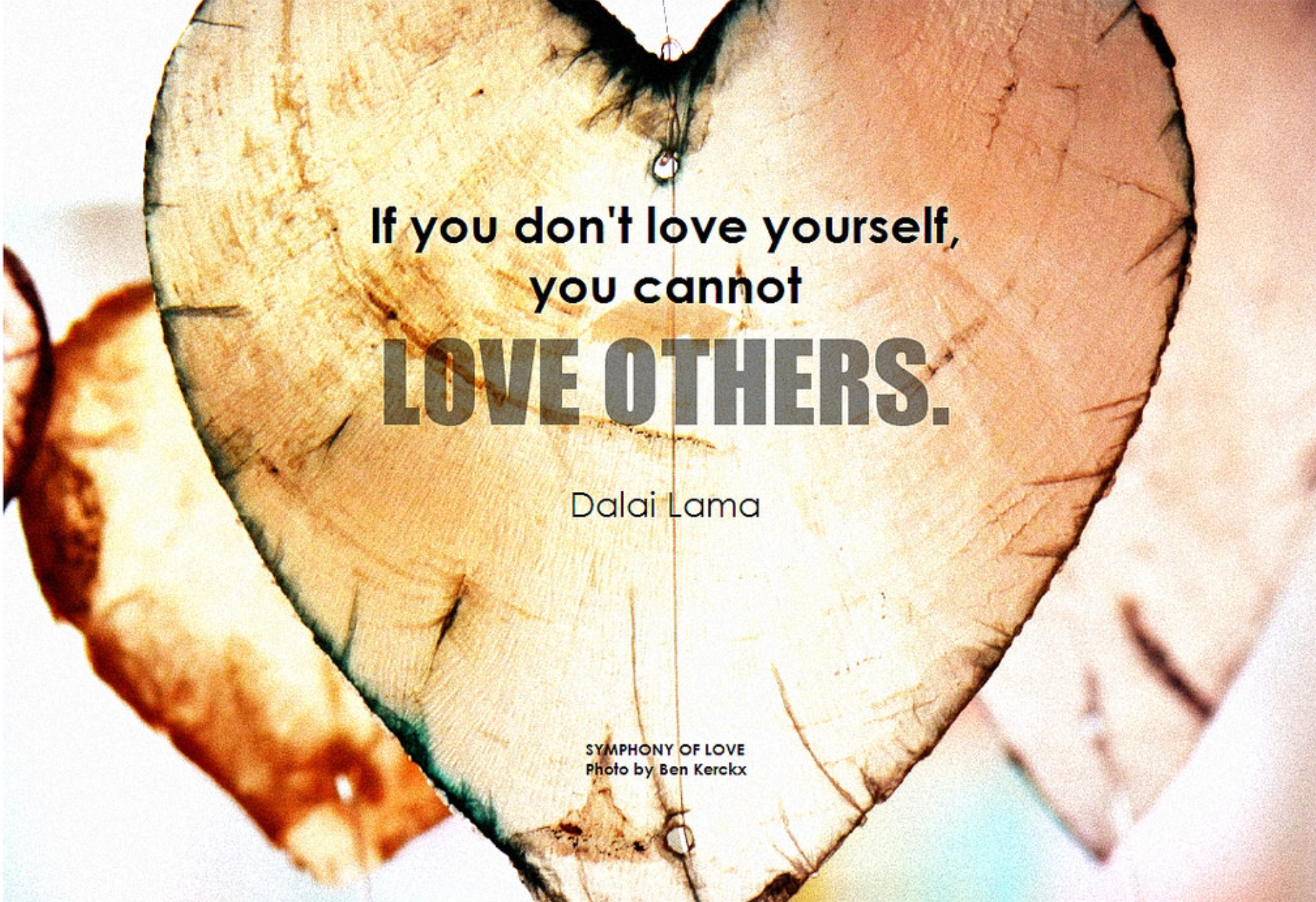Just over 60 years ago, Erich Fromm came out with a slim volume entitled The Art of Loving. Revolutionary and prescient, Fromm was one of the first within psychology to isolate our American guilt surrounding self-love, showing how easily this was deemed as selfish, indulgent, and even immoral. Fromm linked this to long-ingrained precepts within religious denominations that emphasized selfless altruism and pointed out that Freud, the originator of psychotherapy itself, gave us all a complex about self-love because of his preoccupation with narcissism.
As a result of this dual heaping of guilt, people came to view self-care as pathological and sinful. They falsely believed that love was like an economic system of trade-offs, a zero-sum game in which the love that you showed for yourself would be greedily taken away from others.
Driven by our knee-jerk and very American tendency to measure how much we have done or achieved, we forget that self-care, just like caring for others, is about how present we are, how much we are truly able to just be there. Fromm attempted to turn our guilty notion on its head by reminding American as far back as the 1950’s that self-love was in fact the foundation for loving others, and for a healthy, creative, and growth oriented sensibility towards the world.
Drawing on the golden rule (“Love thy neighbor as oneself”), Fromm reminded Americans that self-love and self-care are just as important a part of the equation as caring for others. In so doing, he masterfully integrated western religious and moral thought with that of Buddhist teachings which stresses that there truly is no division between self and other.
These days, we are trained to be empathic towards others—this is one of the greatest values that we teach our children and what we hope to give to the special people in our lives, our significant others, our family, and our friends. And yet, many times, we fail to think of its complement—empathy towards ourselves. In other words, it is easy for us to forget about ourselves as an object of our own affection!
Self-care is an essential and specialized form of empathy: self-empathy. One can think of it like oxygen-it is invisible, but by far one of the most important things we all have to take in before doing anything else! Self-love is very different from selfishness, which is a running away from the core self and an attempt to fill it up with various kinds of addictions rather than sustainable nourishment. Self-love recognizes something divine and essential that must be witnessed in order for it to be shared and witnessed with another.
The benefits of self-care can be thought of, like Jon Kabat-Zinn’s idea of meditation, as tuning one’s instrument in order to make music and share it with others so that beautiful music can be made together. Now that should help ease away the guilt!
We can all feel less bad about prioritizing ourselves when we remind ourselves that self-care, like our breath, is the true ground and starting point of everything else that follows.The Hebrew word for breath (ruach) also means spirit because it is the divine animating force from which everything else flows. If we could remind ourselves of that every time we take some extra time to be just a little more caring and compassionate with ourselves, I think, it’d make it a whole lot easier!
If you still need some more reminders, read the poem “Love After Love” by Derek Walcott every day, and soon enough, you will remember to put love before love, instead of learning only afterwards to ‘feast on your life.’


